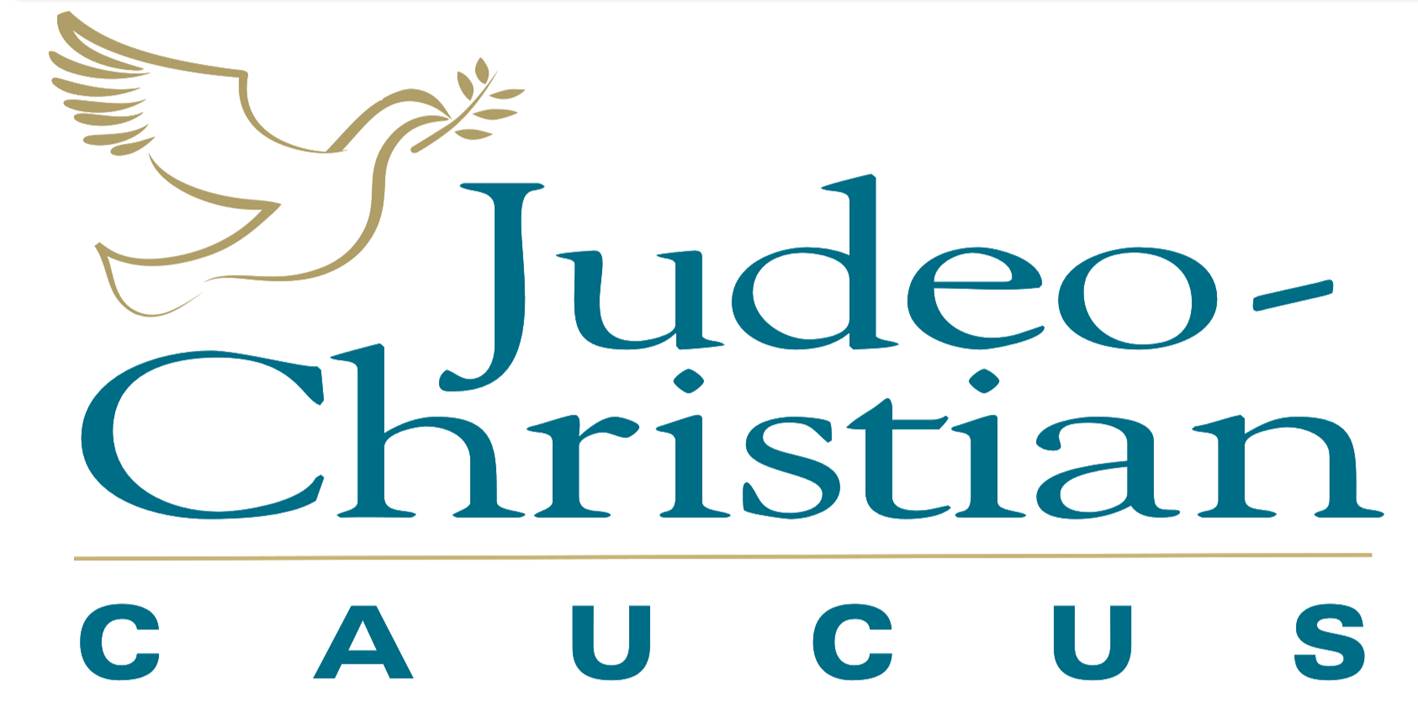SCOTUS Rejects ‘In God We Trust’ Challenge
Jun 11, 2019
The Supreme Court announced yesterday it will not take up a legal dispute by atheist groups which sought to remove the words “In God We Trust” from U.S. currency.
Michael Newdow, an activist who filed the lawsuit on behalf of a group of atheists, argued the law to inscribe the nation’s motto on U.S. money was a violation of the First Amendment’s Establishment Clause, which prohibits Congress from establishing a national religion. The groups filing the lawsuit also claimed that the phrase was in violation of the due process clause in the Fifth Amendment, and the Religious Freedom Restoration Act of 1993, because according to them, it forces “Petitioners (who are Atheists) to bear and proselytize that monotheistic message.”
The Court declined to take up the case.
The 8th Circuit Court of Appeals in St. Paul, Minnesota had previously ruled that the phrase “does not compel citizens to engage in a religious observance” and dismissed the case. In 2004, Newdow also brought a case arguing the words “under God” in the Pledge of Allegiance violated the First Amendment, though was unsuccessful before the Supreme Court. He also sought to block Chief Justice John Roberts from saying the phrase “So help me God” while administering the presidential oath of office to President Barack Obama during his inauguration in 2009. Newdow also sought to stop the phrase from being recited in the 2013 and 2017 inaugurations. A federal court threw out that lawsuit, and the Supreme Court in 2011 declined to take up the case.
In addition to the Supreme Court, Congress has repeatedly upheld the phrase “In God We Trust” as the national motto. The phrase first appeared on coins in 1864 on the two-cent coin. Congress passed legislation in 1955, and it was approved by President Dwight Eisenhower in 1956, requiring all paper and coin currency to bear the words. The laws authorizing its use were first legally challenged in 1970 and 1978 when the federal courts rejected atheist Madalyn Murray O’Hair’s argument that the motto violated the First Amendment.
Read the Press Release and join the conversation on Facebook.
